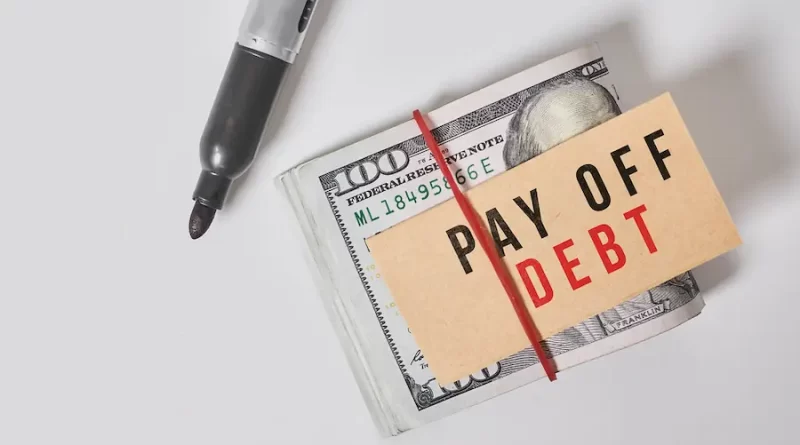Freedom Debt Relief Making a Budget
Ah, yes. The “B” word. You likely know that if you have not made a budget, you certainly should, especially if you’re finding that you’re starting to cut it close, in terms of your ability to pay all your monthly bills. But do you even know what budgeting is all about? Here’s what you should know about making a budget.
What is a Budget?
Let’s start there. A budget is a plan you craft to help you decide how to spend your cash each month. Further, a budget can keep you on track so that you have sufficient funds for monthly bills. In short, a budget will show how much you earn and how much you spend.
A budget can also help you determine on what you must spend your money, and whether you can shell out less on some things — and more on others. For instance, your budget may show that you spend $80 monthly on fancy drive-through coffees each month. Looking at that, you may decide that you want to spend no more than half that on caffeine. The other $40 can be put toward debts or investments.
Where Do I Begin?
The first thing you want to do is gather all your documents and paperwork, including bills, bank statements, and pay stubs. After that, write down what you’re spending money on, and how much you make.
Such expenses can include:
- Bills. This includes those that are the same monthly, such as rent, plus those that change each month, like your utility bills. Then you have bills such as car insurance that you pay once or twice annually.
- Other expenses. These can include credit card bills, school supplies, clothing, entertainment, gas, groceries, and unplanned expenses such as medical bills.
Then, subtract your expenditures from your earnings. If the result is less than zero, you’re spending more than you make. So, your task is to see what expenditures you can excise. Here’s a handy budget worksheet you can use.
How are Budgets Used?
Before each month, produce a plan for where your money will go. Jot down what you believe you’ll make and spend.
Then, write down daily what you do spend. At each month’s end, see whether you forked over your money as planned. Then, use the info to inform next month’s budget planning.
Why Must I Save Money?
There are those who are simply happy that they were able to pay their obligations each month. We understand. But honestly, that’s living on the edge, and those people are setting themselves up for financial problems, because unexpected things can and do happen. Either you won’t have the cash to solve them, or you’ll have to rely on credit cards, which can ultimately get you in more trouble. If you’re already there, we suggest you contact Achieve for help with debt resolution.
In addition to having money on hand for emergencies — $1,000 is a good starting target — saving money can help you pay for:
- Pricey things. There are times when you need expensive things such as an apartment deposit, a plane ticket, or a vehicle. You must be prepared. Besides, having savings will give you more options.
- Life goals. Perhaps you want to take university classes or spend a summer in a different country. You can save money toward these goals. That way, you won’t have to borrow the money or whip out the plastic.
Simply put, making a budget is imperative if you want to be financially stable, no matter how much or little you earn. Regain control over your financial life.




